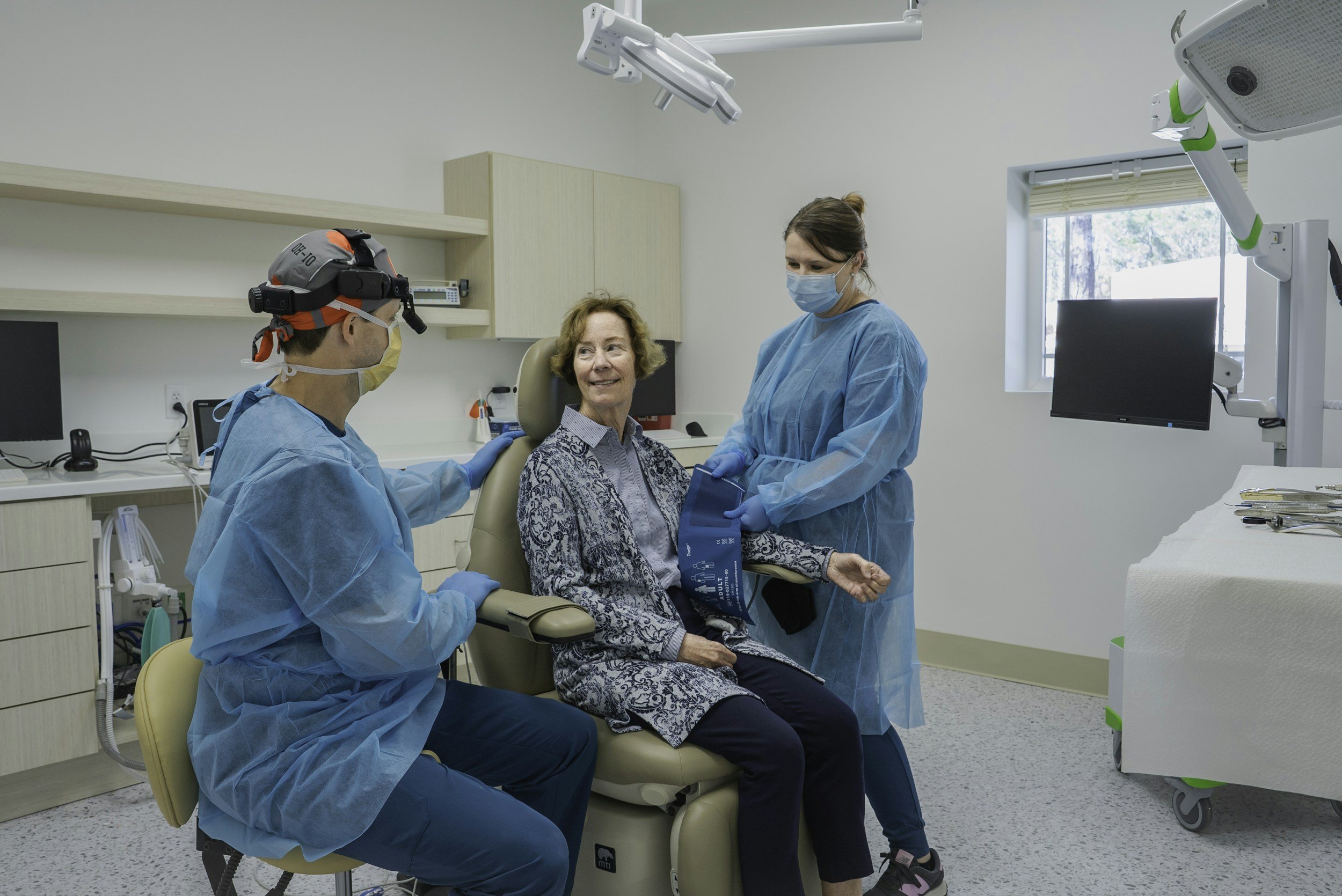Public Health Series
Understanding PTSD in Medicine: Recognizing, Managing, and Supporting
Supporting Recovery: Strategies for Managing PTSD in Healthcare Professionals
1. Encouraging Early Intervention
2. Promoting Access to Mental Health Resources
3. Implementing Trauma-Informed Practices
4. Building Resilience Through Education and Peer Support
Current Issues in Nursing Part 1: Staffing Shortages & Mental Health Struggles
Public Health Series









